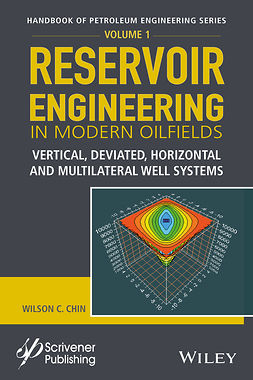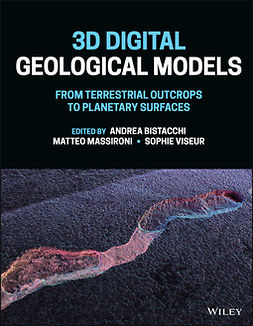Cannon, Steve
Reservoir Modelling: A Practical Guide
The essential resource to an integrated approach to reservoir modelling by highlighting both the input of data and the modelling results
Reservoir Modelling offers a comprehensive guide to the procedures and workflow for building a 3-D model. Designed to be practical, the principles outlined can be applied to any modelling project regardless of the software used. The author — a noted practitioner in the field — captures the heterogeneity due to structure, stratigraphy and sedimentology that has an impact on flow in the reservoir.
This essential guide follows a general workflow from data QC and project management, structural modelling, facies and property modelling to upscaling and the requirements for dynamic modelling. The author discusses structural elements of a model and reviews both seismic interpretation and depth conversion, which are known to contribute most to volumetric uncertainty and shows how large-scale stratigraphic relationships are integrated into the reservoir framework. The text puts the focus on geostatistical modelling of facies and heterogeneities that constrain the distribution of reservoir properties including porosity, permeability and water saturation. In addition, the author discusses the role of uncertainty analysis in the static model and its impact on volumetric estimation. The text also addresses some typical approaches to modelling specific reservoirs through a mix of case studies and illustrative examples and:
- Offers a practical guide to the use of data to build a successful reservoir model
- Draws on the latest advances in 3-D modelling software
- Reviews facies modelling, the different methods and the need for understanding the geological interpretation of cores and logs
- Presents information on upscaling both the structure and the properties of a fine-scale geological model for dynamic simulation
- Stresses the importance of an interdisciplinary team-based approach
Written for geophysicists, reservoir geologists and petroleum engineers, Reservoir Modelling offers the essential information needed to understand a reservoir for modelling and contains the multidisciplinary nature of a reservoir modelling project.
Nyckelord: Economic & Applied Geology, Applied Mathematics in Science, Economic & Applied Geology, Applied Mathematics in Science, the data required to build a reservoir model; how to set up
- Författare
- Cannon, Steve
- Utgivare
- John Wiley and Sons, Inc.
- Utgivningsår
- 2019
- Språk
- en
- Utgåva
- 1
- Sidantal
- 328 sidor
- Kategori
- Naturvetenskaper
- Format
- E-bok
- eISBN (ePUB)
- 9781119313441
- Tryckt ISBN
- 9781119313465









